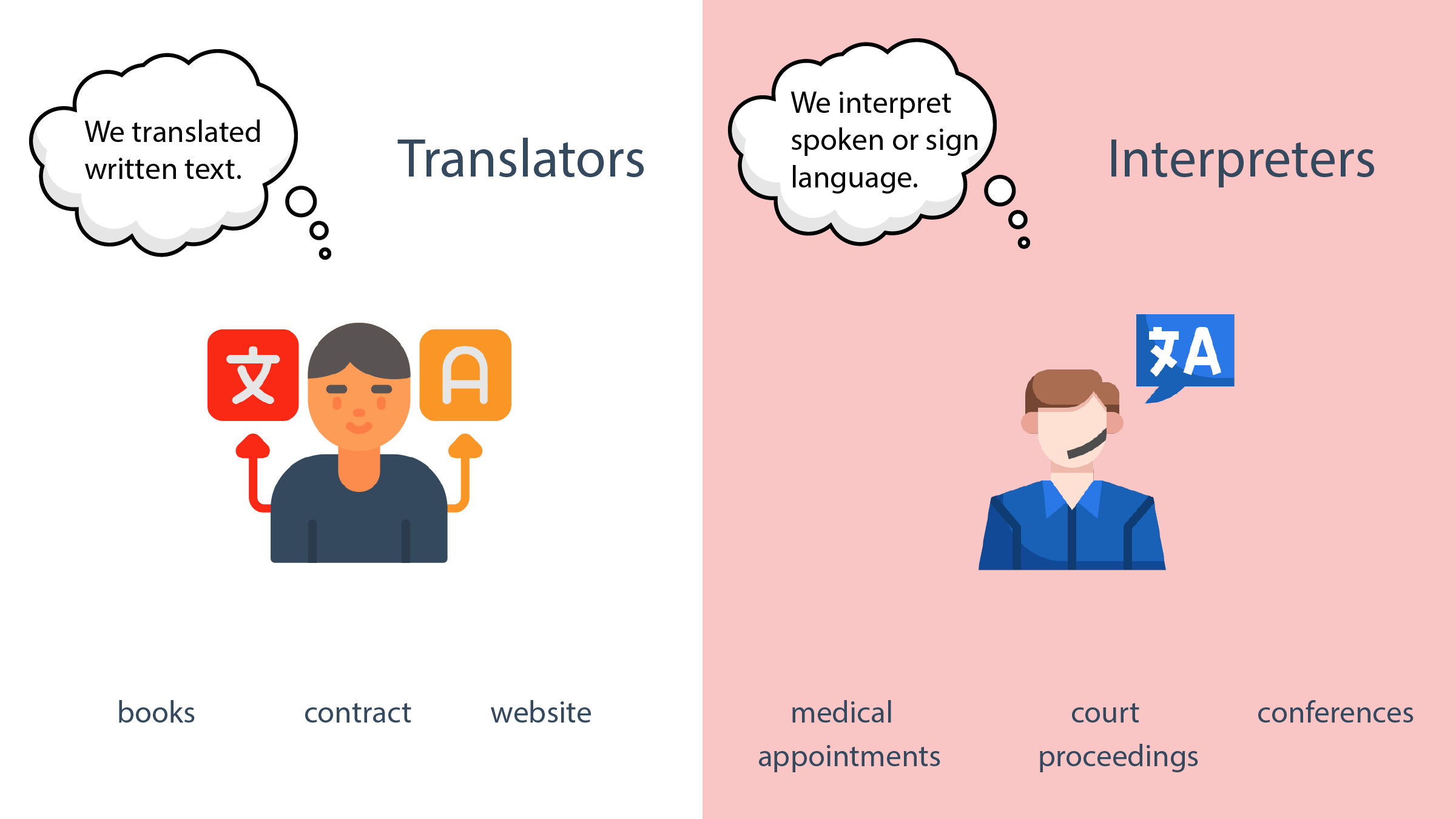Sci-fi books have the power to ignite our imagination and challenge our understanding of the world around us. From cautionary tales about artificial intelligence to explorations of alien life and societal structures, science fiction recommendations are abundant and wide-ranging. Readers seeking the best sci-fi novels will find rich landscapes that provoke thought on technology and humanity, while also tackling heavier themes like censorship in literature. As we delve into the nuances of AI in literature, these stories serve not merely as entertainment but as vital discussions on the future of our society. Join us as we explore the multifaceted worlds of sci-fi book reviews, where each narrative invites us to question the boundaries of possibility.
Speculative fiction, often referred to as science fiction, offers a dynamic lens through which we can examine high-tech advancements and their societal implications. In this literary genre, readers can encounter imaginative scenarios ranging from dystopian settings to utopian visions, each rich with lessons and warnings. Recommendations from experts in the field unveil a cornucopia of engaging titles that address the intersection of humanity and evolving technologies. Works that touch on themes like artificial intelligence and the impact of censorship in storytelling allow us to reflect on our present circumstances while contemplating what lies ahead. Let’s embark on an exploration of these compelling narratives that challenge our perceptions and inspire critical discussions.
Exploring the Role of AI in Science Fiction Literature
Science fiction has long been a fertile ground for exploring the implications of artificial intelligence (AI) on humanity. Works like Peter Watts’ “Blindsight” delve deep into the complexities of human consciousness and the potential for AIs to surpass human capabilities. In environments where technology evolves rapidly, science fiction authors use imaginative scenarios to question our understanding of intelligence. By placing AI in the context of advanced alien civilizations, these narratives force readers to ponder challenging questions about our own evolution as a species, suggesting that the very traits we consider inherently human might be viewed as obsolete by future intelligences.
Moreover, AI in literature serves not just to fascinate but also to caution against potential futures where humans may lose significance. Writers such as Stanislaw Lem in “Solaris” employ the theme of encountering incomprehensible forms of intelligence, emphasizing the limitations of human understanding. This interplay between humanity and AI is central to many contemporary science fiction novels, which highlight the struggle to maintain our identity in an increasingly mechanized world. As AI technology progresses, the reflections offered in these books become ever more pertinent, urging us to consider the ethical implications of creating entities that may possess their own forms of consciousness.
Censorship and Its Relevance in Contemporary Sci-Fi
Censorship presents a significant theme in modern science fiction, often drawing parallels to real-world conditions where freedom of speech is compromised. For instance, Han Song’s “Exorcism” illustrates how the Chinese government suppresses literary works perceived as too provocative or dark, showcasing the struggle for truth amidst a backdrop of authoritarian control. This narrative experience mirrors the mechanisms of control present in current political systems, where the narrative is often skewed to fit prevailing agendas. Such representations in sci-fi provoke readers to reflect on the importance of diverse viewpoints and the potential consequences when society allows censorship to flourish.
Furthermore, Ray Bradbury’s “Fahrenheit 451” serves as a timeless cautionary tale about the dangers of information suppression. The book portrays a dystopian world where not only are books banned, but society is lulled into complacency by mindless entertainment. This theme resonates in today’s context, as issues surrounding algorithmic censorship emerge—where AI curates our online content, raising concerns about the reduction of critical thinking. “Fahrenheit 451” urges readers to confront these realities head-on, advocating for intellectual freedom in an age where technology can easily manipulate what we perceive as knowledge.
Recommended Sci-Fi Books for Today’s Reader
For readers eager to navigate the intersections of technology, society, and ethical dilemmas, contemporary science fiction offers a wealth of insightful narratives. Among the best sci-fi novels recommended by leading thinkers is Jasmine Warga’s “A Rover’s Story,” which tells the touching and thought-provoking tale of a Mars rover’s journey. This middle-grade novel shines a light on themes of connection, empathy, and the potential for machines to evoke emotional responses in their human operators. At its core, Warga’s work challenges young readers and parents alike to reflect on the nature of companionship in an age increasingly defined by human-AI interactions.
Additionally, another must-read is the classic “Blindsight” by Peter Watts, which not only entertains but also provokes profound philosophical inquiry about consciousness. The narrative explores the concept of self-awareness through encounters with alien intelligence, questioning what it truly means to be human in the light of entities that do not possess this trait. Incorporating themes of evolution and the role of technology in defining our existence, these recommendations underscore the power of sci-fi to ignite critical conversations and expand our understanding of the rapidly changing world around us.
The Impact of Sci-Fi on Societal Perspectives
Science fiction serves as a mirror reflecting societal anxieties and aspirations, often pushing readers to re-examine their perspectives on the future. The genre has a unique ability to speculate about technological advancements and their potential ramifications on culture, identity, and ethics. Books like “Solaris” by Stanislaw Lem highlight the struggles of communication between humans and incomprehensible entities, offering critical commentary on our relationship with the unknown. Such narratives challenge readers to confront their fears and desires regarding what lies ahead, illustrating how sci-fi can reshape our every thought about technological progress and its effects on society.
Moreover, contemporary authors utilize science fiction to examine issues like climate change, social justice, and the implications of AI on human relations. As we confront pressing global challenges, the speculative nature of science fiction encourages imaginative solutions and instigates critical discourse about the geopolitical landscape of tomorrow. By engaging with complex themes through compelling storytelling, readers are invited not only to empathize with dystopian futures but also to actively participate in the conversation surrounding today’s technological and ethical dilemmas.
The Evolution of Character Portrayal in Sci-Fi
Character portrayal in science fiction has evolved dramatically, often mirroring the complexities of human experiences in response to advancing technology. For instance, in works like “A Rover’s Story,” characters such as the Mars rover Res engage in emotional explorations that challenge traditional notions of sentience and companionship. Readers are invited to consider what relationships might look like when our companions are machines, sparking essential conversations about the value we assign to emotional connections across different forms of existence.
Additionally, authors have increasingly focused on representing diverse voices in sci-fi, offering varied perspectives that enhance the richness of the genre. Censorship themes in books like Han Song’s “Exorcism” or the introspection found in “Blindsight” by Peter Watts allow for deeper explorations of identity and humanity in the face of technology’s encroachment. By crafting multidimensional characters who grapple with the implications of their interactions with machines and alien intelligences, modern science fiction creates a more inclusive narrative landscape that resonates with a broader audience, making the genre not only entertaining but also profoundly relatable.
The Role of Emotional Intelligence in Sci-Fi Narratives
In contemporary science fiction, emotional intelligence emerges as a significant theme that captivates readers by delving into the interplay between human feelings and artificial constructs. The character dynamics in stories like “A Rover’s Story” highlight how machines can evoke emotional connections through their narratives, challenging the longstanding boundaries that separate human and artificial intelligence. By illustrating the thoughts and feelings of an emotional machine, Warga invites a deeper understanding of empathy and connection, even in a futuristic context where technology’s role continues to expand.
Moreover, as AI systems become more integrated into our daily lives, exploring emotional intelligence through sci-fi offers essential reflections on what it means to be human. Authors like Ray Bradbury examine how the suppression of meaningful interactions, as seen in “Fahrenheit 451,” can dehumanize society, reducing individuals to consumers rather than thinkers. This juxtaposition fosters a space for readers to critically analyze the importance of emotional connections, urging us to seek authenticity in relationships with both human beings and machines as we navigate an increasingly interconnected world.
Innovative Themes in Science Fiction
Science fiction thrives on its capacity to innovate, constantly pushing the boundaries of storytelling to explore new ideas and themes. The genre tackles evolving societal issues, from technological dependency to existential threats, and reflects the human condition in nuanced and profound ways. For instance, the underlying anxieties surrounding AI and its implications for the future are deftly explored in works like “Blindsight,” where encounters with non-human intelligences juxtapose our perceptions of consciousness against a rapidly advancing technological landscape.
Moreover, the theme of censorship in literature permeates contemporary works, echoing real-world concerns about freedom of expression. As seen in Han Song’s “Exorcism,” the narrative serves as a commentary on the struggles faced by writers under oppressive regimes, prompting readers to consider the significance of preserving diverse voices in the literary canon. Such innovative themes in science fiction not only challenge our understanding but also engage with like-minded individuals, inviting a collective reflection on the narratives that shape our reality.
Navigating Relationships in a Tech-Driven World
As technology advances, navigating relationships within a tech-driven world becomes a central theme in many contemporary science fiction novels. The emotional bonds formed between humans and machines challenge traditional definitions of companionship, as illustrated in ‘A Rover’s Story.’ This narrative invites readers to reflect on the nature of communication, connection, and empathy, even when those involved are a human and an AI. Warga’s portrayal of Res and the longing for understanding through code and emotion speaks volumes about the evolving dynamics of relationships in an age dominated by technology.
Furthermore, science fiction often serves as a commentary on our current social environment, highlighting both the potential and the limitations of technology in fostering human connection. Classic works like “Fahrenheit 451” remind readers of the dangers of superficial interactions in the face of overwhelming distraction and censorship. Saviano’s observations about how AI influences our consumption of information reinforce the importance of nurturing meaningful connections in a society increasingly reliant on digital engagement. Ultimately, science fiction invites us to ponder how we can preserve our humanity amid the technological advancements that pervade our daily lives.
Book Recommendations for Aspiring Sci-Fi Enthusiasts
For those new to the world of science fiction, there is a wealth of recommendations available that delve into the lesser-known yet impactful narratives within the genre. Titles like Stanislaw Lem’s “Solaris” and Jasmine Warga’s “A Rover’s Story” provide readers with insightful explorations of the human experience through the lens of advanced technology and otherworldly encounters. These narratives not only entertain but also encourage readers to reflect deeply on their own lives and the world around them, which can often feel overwhelmingly technocratic.
To enhance your reading experience, it’s beneficial to seek out sci-fi books that have garnered praise from both critics and enthusiasts alike. Peter Watts’ “Blindsight” is another foundational text that combines thrilling storytelling with thought-provoking themes, urging readers to rethink consciousness and our place in the universe. Engaging with these texts expands one’s understanding of the genre’s potential to question reality, explore ethical dilemmas, and envision futures that echo our present, paving the way for aspiring enthusiasts to immerse themselves fully in the vibrant realm of science fiction.
Frequently Asked Questions
What are some recommended sci-fi books exploring AI in literature?
Some highly recommended sci-fi books that delve into AI in literature include ‘Blindsight’ by Peter Watts, which examines human interaction with an alien intelligence that may lack consciousness, and ‘A Rover’s Story’ by Jasmine Warga, which explores the emotional connections between humans and a Mars rover equipped with AI capabilities. These novels provide fascinating insights into the implications of artificial intelligence on humanity.
Which are the best sci-fi novels addressing censorship in literature?
One of the best sci-fi novels tackling themes of censorship is Ray Bradbury’s ‘Fahrenheit 451’, which presents a dystopian society where books are banned and critical thinking is suppressed through entertainment. Another noteworthy mention is Han Song’s ‘Exorcism’, where censorship impacts the narrative of the universe itself, reflecting on the monstrous consequences of controlling information.
How do sci-fi book reviews help readers find the best sci-fi novels?
Sci-fi book reviews are essential tools for readers looking to discover the best sci-fi novels. They provide insights into themes, character development, and author style, helping readers decide which books align with their interests. Comprehensive reviews often highlight notable works in the genre, including newer titles that explore contemporary issues like AI and censorship.
What science fiction recommendations are available for young readers interested in AI?
For young readers, ‘A Rover’s Story’ by Jasmine Warga is a perfect science fiction recommendation. It follows a fictional Mars rover that communicates in code but longs for deeper emotional connections, showcasing how AI can play a role in understanding human feelings and experiences. This engaging tale opens discussions about the relationship between humans and technology.
Why is ‘Fahrenheit 451’ considered a crucial read for those studying censorship in literature?
‘Fahrenheit 451’ is regarded as a crucial read due to its profound exploration of how censorship shapes society and individual thought. Ray Bradbury illustrates a world where books are outlawed, emphasizing the dangers of passive consumption and the need for intellectual freedom. This novel remains relevant today, shedding light on the consequences of censorship in an era dominated by algorithm-driven content.
| Title | Author | Key Themes | Recommended by |
|---|---|---|---|
| Blindsight | Peter Watts | Exploration of artificial intelligence and consciousness | Karen Brennan |
| Solaris | Stanislaw Lem | Limits of understanding and encounters with the unknown | Theo Anthony |
| A Rover’s Story | Jasmine Warga | AI and human connection; emotional bonds with technology | Amy Deschenes |
| Exorcism | Han Song | Censorship, narrative control, and human resilience | Ursula Friedman |
| Fahrenheit 451 | Ray Bradbury | Censorship and the impact of technology on knowledge | Jeff Saviano |
Summary
Sci-fi books have the power to not only entertain but to challenge our perceptions of reality and humanity. The recommendations from Harvard faculty and staff emphasize the critical engagement with themes such as artificial intelligence, the limits of human understanding, emotional connections with technology, censorship, and societal control. These works bridge the gap between fiction and pressing contemporary issues, urging readers to reflect on the future of our relationship with technology and each other. As we navigate an era increasingly dominated by AI, these sci-fi books offer rich insights and cautionary tales that are more relevant than ever.



